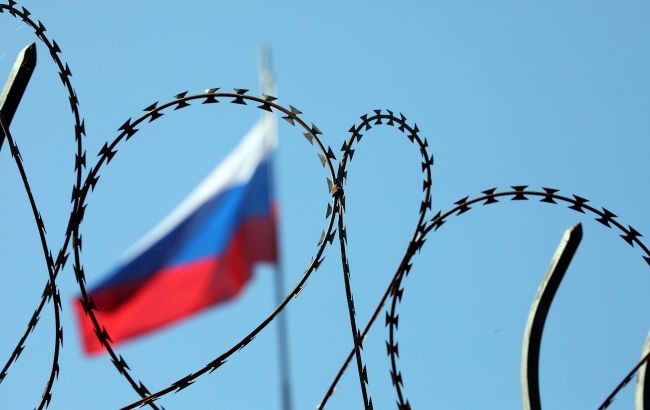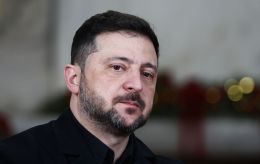Europe opposes Russian assets confiscation: Zelenskyy's office names countries
 Photo: Today's leaders in Europe lack the political will to confiscate assets (Getty Images)
Photo: Today's leaders in Europe lack the political will to confiscate assets (Getty Images)
In Europe, Belgium, France, Germany, and Italy are the most significant opponents of the confiscation of Russian assets, according to Iryna Mudra, Deputy Head of the Ukrainian President's Office.
"It's Belgium, because they have funds in Euroclear, France, Italy, and Germany. They fear that the assets of their companies will be confiscated in Russia. We argue that this does not deter Russia. They have confiscated and will continue to confiscate the assets of what they call unfriendly countries," Mudra says.
She explains that Euroclear, Clearstream, and central banks are the financial institutions where Russia's funds are mainly held and which do not want to relinquish the amount of approximately $300 billion.
Mudra also adds that the key problem is that today's leaders do not have the political will to confiscate assets.
"There is an economic part, but there is also a political part. And here the main problem is that, unfortunately, there is no political will of today's leaders to confiscate these assets. There are fears among large countries that this could set a precedent and so on, that this could be done to them," says the deputy head of the OP.
She notes that Ukraine does not need to transfer all these $300 billion in one tranche. According to her, the money can be kept in a fund that will be located somewhere in Europe.
"This money can be properly managed so that Ukraine gets the most out of managing these funds. And this should be the source of fulfillment of decisions of the compensation commission, which we are also creating," adds Iryna Mudra.
According to the deputy head of the OP, diplomatic negotiations on the creation of this commission are already underway.
"And the third component is the compensation fund. For this fund, we are trying to get a decision to confiscate Russian assets, transfer them to this fund, and then (it is planned) to use these funds. to implement the decisions of the compensation commission," she informs.
At the same time, Mudra clarifies that we are talking about $300 billion. However, these funds will not be enough, as the amount of damage is higher.
In addition, she says, it is only about the sovereign assets of Russia, not the private assets of Russian individuals or legal entities.
"And they will not be enough. As of today, the amount of losses estimated by the World Bank together with the European Commission is about 586 billion dollars. This is half of what we already need. And if we start counting the losses since 2014, it will be many times more. So I do not rule out that the amount will reach one trillion dollars," Mudra adds.
Also touching on the fact that the funds may not be enough, the deputy head of the OP said that other options are currently being considered.
Among them are the introduction of a special tax, for example, on the sale of oil and oil products from some Russian industries in which Moscow trades with other countries, deductions from Russia's profits from these transactions to the fund, and so on.

